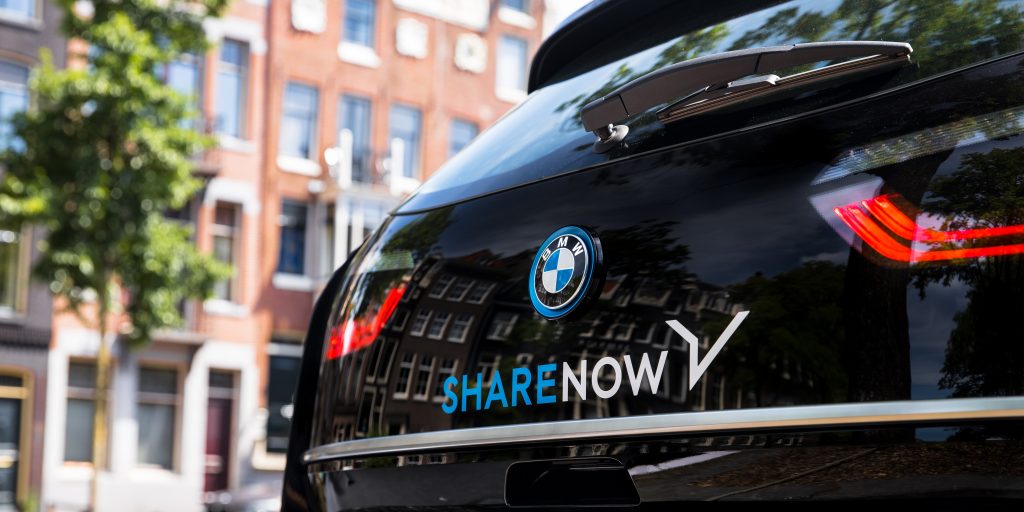The sharing economy: Helping cities meet their sustainability goals
Individualism has been a watchword of society in North America since the colonial days, and belief in the spirit of the rugged individual helped build the government we know and love today. As our society became larger and more interconnected, we have come to realize that individualism can only get us so far. Problems such as the environmental degradation demand we come together as a community, as a species, and definitely as a government. We must not only combine our abilities but share our resources if we are to keep living in a world where individuals can enjoy their freedom.
To that end, we have seen the rise of the “sharing economy.” This peer-to-peer system streamlines and automates the basic human act of sharing by using community online platforms to facilitate the pooling of goods, services and resources. Beginning as a grass-roots movement such as “swap culture,” the sharing economy offers city government decisionmakers a healthy, community-driven pathway to achieving environmental and sustainability goals as it incentivizes owners to participate.
Meet, swap
In its basic form, the sharing economy is focused on local swap, rental and gifting of assets such as space, tools, and other goods. Citizens advertise their need for an item or the items they have to spare, and rather than buying new which would create more waste, they share the items for some specified period of time. Such activities have been leveraging the internet since it was established, and today specialized platforms like Freecycle or Facebook Neighborhoods make it easier than ever. And governments stand poised to supercharge this process through facilitation and incentivization programs that make it easier and more advantageous to share.
Share because we car(e)
Reducing material waste is a great start but cities could implement similar platforms to help people share the resources around that huge and looming polluter: transportation. Sharing economy programs could do a lot to alleviate this problem, especially when backed by smart government action.
Carpooling and vehicle sharing are a great place to start. By using technology to help people find carpools going their way, cities can drastically reduce the number of cars on the road. Carpooling is a good method to network and meet new people and can be an excellent way to build community while reducing car usage. Vehicle sharing is another option, where community-owned electric cars or scooters wait at designated charging stations. Users find the nearest vehicle with an app and either drop it off at the station nearest their destination or with the next user waiting nearby.
The rise of electric vehicles (EVs) has helped to reduce pollution, but the market remains underserved by electronic charging stations. Of course, cities can and should install more such stations for public use, but the sharing economy could also allow residential or commercial parking facilities to share their chargers. Indeed, citizens can even share energy, paying for one another to use these charging stations or using home-generated electricity from solar or wind to help charge each other’s cars in geographic locations where this is feasible. Government programs can make this sort of transport resource sharing much more common, as individuals receive benefits and incentives to work together.
Parking pro publica
Of course, you can’t have EV charging stations without parking spaces, and parking is another source of waste that can be reduced through sharing. Public and private buildings often have plenty of empty parking spaces. These facilities can easily provide spaces for visitors and commuters to reduce fuel used when seeking street parking. Rather than drive individually to their work sites, construction and civic workers could park in these unused spaces and then take a shuttle, reducing congestion in busy developing areas.
Government leaders can spearhead the creation of social networks, smart spaces, and apps to drive this progress. Smart parking apps in particular are leading the way to making parking easier to share. By joining a smart parking network, drivers can find and reserve spots nearest their destination, and even swap spots with one another ahead of time. Organizations and government entities can price their parking or get into the sharing economy spirit by letting app users park for free.
Edward Moon is a growth marketer at Spacer Technologies a technology company that enables property owners to discover new revenue sources through innovative solutions that leverage unused spaces.




















